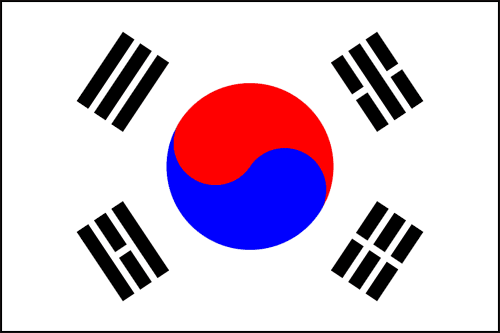NEW YORK / SEOUL — The Broadway transfer of “Maybe Happy Ending,” a bittersweet love story about two obsolete helper-robots in suburban Seoul, clinched six Tony Awards on Sunday night, including Best Musical, Best Original Score, Best Book, Best Direction and Best Leading Actor for Darren Criss. The Korean-born production had entered the ceremony with ten nominations and walked away as the evening’s most decorated show.
A milestone for the Korean Wave
- Hue Park (lyrics/book) and Will Aronson (music) became the first Korean-American writing team to win both score and book in the same year.
- The victory means South Korean creatives now hold all four “major” US entertainment trophies: Grammys (Sumi Jo, 1993), Oscars (“Parasite,” 2020), Emmys (“Squid Game,” 2022) and Tonys (2025).
From Seoul debut to Broadway triumph
Premiered in Seoul in 2016 under director Kim Dong-yeon, the bilingual musical enjoyed multiple Korean revivals before a re-imagined English version opened at New York’s Hudson Theatre last October. Critics praised Michael Arden’s staging for preserving local references—Jeju Island, fireflies, even a hwabun planter—while giving the piece universal resonance.
Audience and industry reaction
Social media in Korea lit up with comparisons to past landmark wins: “This feels like when ‘Parasite’ took the Oscars,” one Threads user wrote. The Korea Herald hailed the Tonys as proof that “K-content is no longer an export— it is part of the global mainstream.”
Broadway observers note that Asian talent scored several firsts this season:
- Helen J Shen, who plays co-lead robot Claire, earned a standing ovation during the telecast and told Teen Vogue she hopes the success “opens doors for more Asian storytelling on stage.”
- Overall, four of the night’s performance trophies went to actors of Asian descent, the highest share in the award’s 78-year history.
Successes of Korean films, series and theater
Producers confirmed a North American tour beginning in Los Angeles next spring, while talks are under way for a limited Seoul return in 2026—this time with English supertitles for international tourists. Analysts say the back-to-back triumphs of Korean film, television and now theatre could trigger fresh investment in cross-Pacific stage projects.
“The era when K-culture was a niche curiosity is over,” says cultural economist Jang Mi-soo of Yonsei University. “Broadway has just given it a permanent marquee.”

